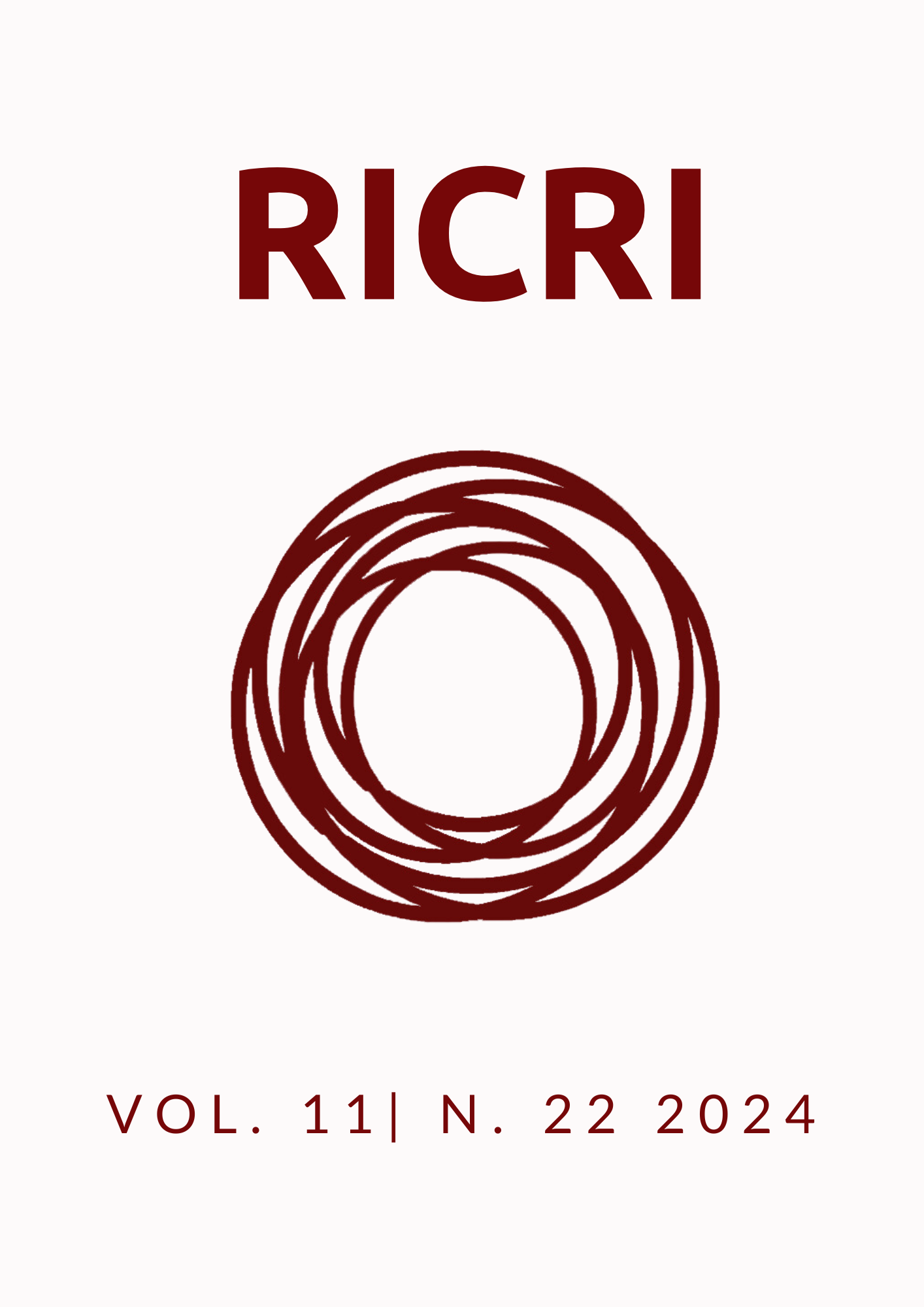The construction of global governance over the environment: an analysis of Greenpeace’s contribution
Uma análise sobre as contribuições do Greenpeace
DOI:
https://doi.org/10.22478/ufpb.2318-9452.2024v11n22.68561Abstract
This work analyzes the dynamics of global governance for the environment through Greenpeace operations. From this perspective, it is essential to understand the elementary characteristics of global governance that enable the participation of non-governmental organizations, in addition, the historical process of participation of these actors on the international scene is understood, from their recognition in the UN Charter of 1945 to the conferences carried out between 2022 and 2023. Next, it is a dialogue between the structure of Greenpeace's activities, based on cases related to the organization's contribution to global governance, listing capabilities and limitations. Thus, an analysis of cases reported on Greenpeace's environmental activism was carried out in addition to a bibliographical review aiming to establish the components associated with the construction of global governance for the environment.
Downloads
Published
How to Cite
Issue
Section
License
Copyright (c) 2024 Journal of Scientific Initiation on International Relations

This work is licensed under a Creative Commons Attribution-NonCommercial 4.0 International License.
Authors who publish with this journal agree to the following terms:
a. Authors retain copyright and grant the journal right of first publication with the work simultaneously licensed under a Creative Commons Attribution License that allows for sharing of work with acknowledgment of its initial publication in this journal.
b. Authors are able to take on additional contracts separately for non-exclusive distribution of the version of the work published in this journal (e.g., post it to an institutional repository or as a book), with an acknowledgment of its initial publication in this journal.
c. Authors are permitted and encouraged to post their work online ( eg, in institutional repositories or on their website) at any point before or during the submission process, as it can lead to productive exchanges , as well as increase the impact and citation of published work ( See the Effect of Open Access).




